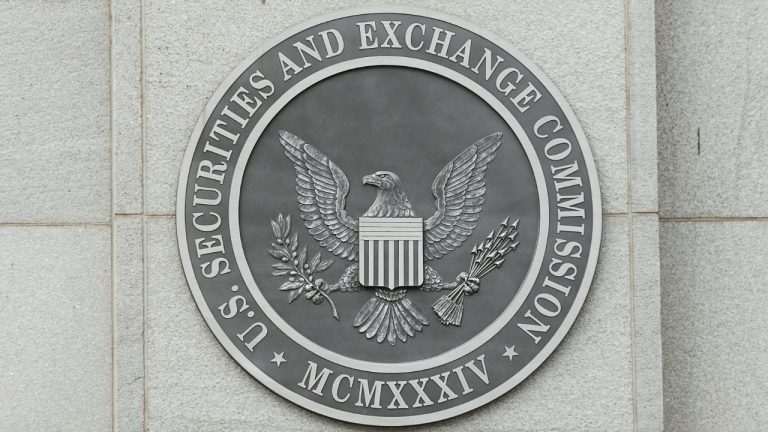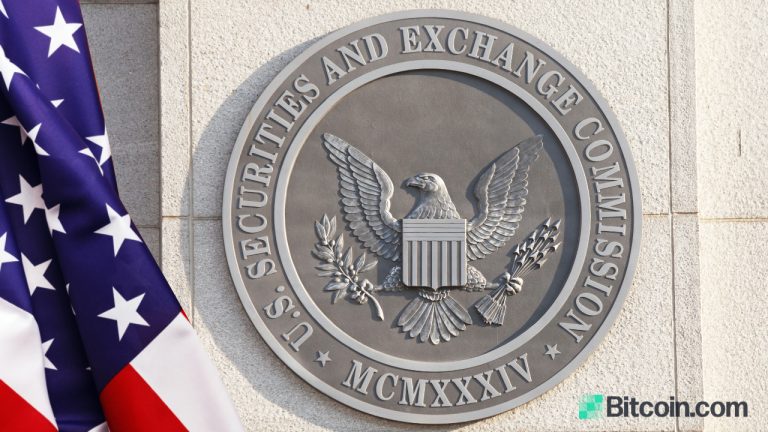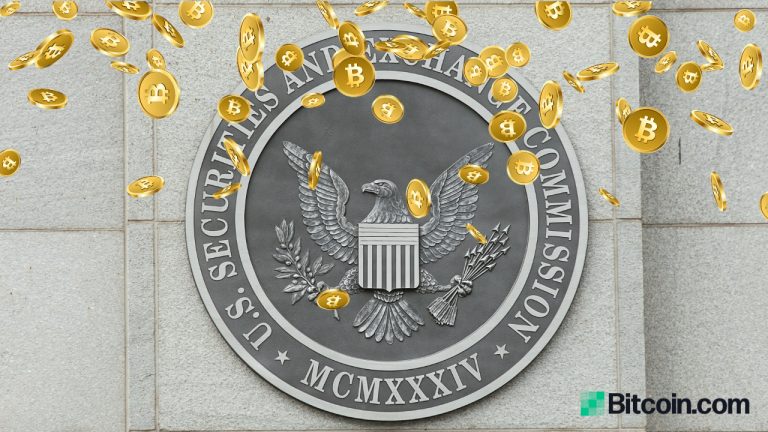
The SEC asserts that Coinschedule violated anti-touting provisions of U.S. securities laws.
The U.S. Securities and Exchange Commission has settled charges against the defunct initial coin offering (ICO) review website Coinschedule.com for violating the anti-touting provisions of federal securities laws.
But two SEC commissioners have penned an open letter in response saying the settlement highlights flaws with the commission’s processes.
According to a July 14 release from the securities regulator, Coinschedule failed to disclose it was receiving compensation from digital asset issuers for favorable reviews.
The settlement’s terms state that Blotics, formerly known as Coinschedule, must pay a penalty of $154,434 plus $43,000 in disgorgement plus interest without admitting or denying the SEC’s findings.
The website operated between 2016 and 2019, with many of its visitors hailing from the United States. The site provided “trust scores” for more than 2,500 ICOs, claiming to assess the “credibility” and “operational risk” of each offering using a “proprietary algorithm.” However, according to the SEC:
“In reality, the token issuers paid Coinschedule to profile their token offerings on Coinschedule.com, a fact that Coinschedule failed to disclose to visitors.”
The SEC emphasizes that Coinschedule continued to publish ICO reviews after it published its 2017 DAO Report — which warned that ICOs may be securities, and as such, those who promote initial coin offerings must comply with federal securities laws.
Kristina Littman, Chief of the SEC Enforcement Division’s Cyber Unit, said taking money for favorable coverage of securities was prohibited: “The securities law prohibiting touting securities for compensation without appropriate disclosures to investors is clear and longstanding.”
Related: Rapper The Game facing $12M judgment along with execs in ICO case
However, not everyone at the SEC is happy with the case’s conclusion, with SEC commissioners Hester Peirce and Elad Roisman penning a letter criticizing the commission for failing to explain which specific digital assets touted by Coinschedule were actually securities.
The commissioners described the omission as “symptomatic of our reluctance to provide additional guidance about how to determine whether a token is being sold as part of a securities offering or which tokens are securities.”
“There is a decided lack of clarity for market participants around the application of the securities laws to digital assets and their trading, as is evidenced by the requests each of us receives for clarity and the consistent outreach to the Commission staff for no-action and other relief.”





